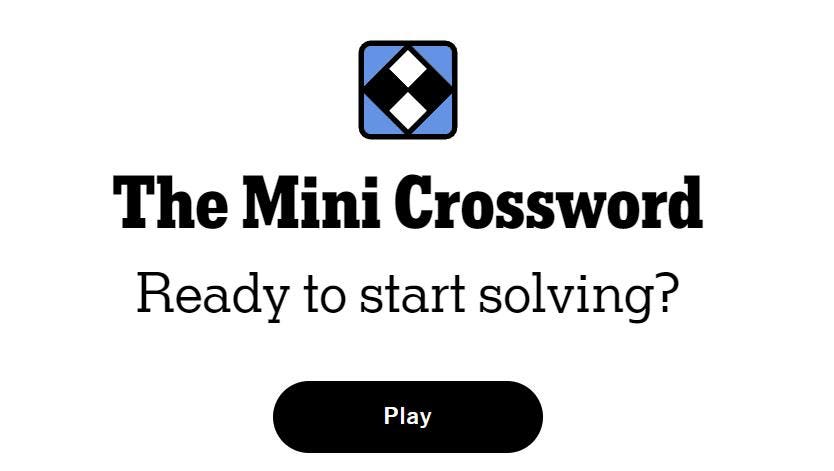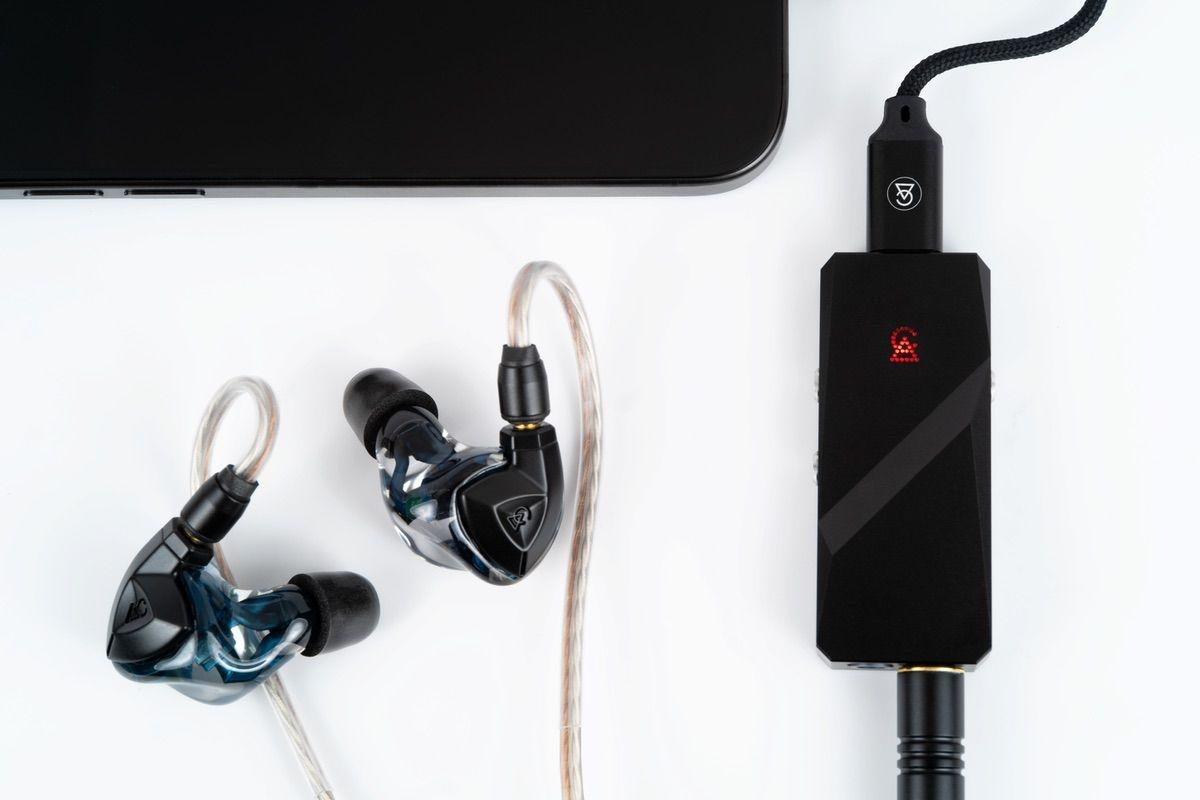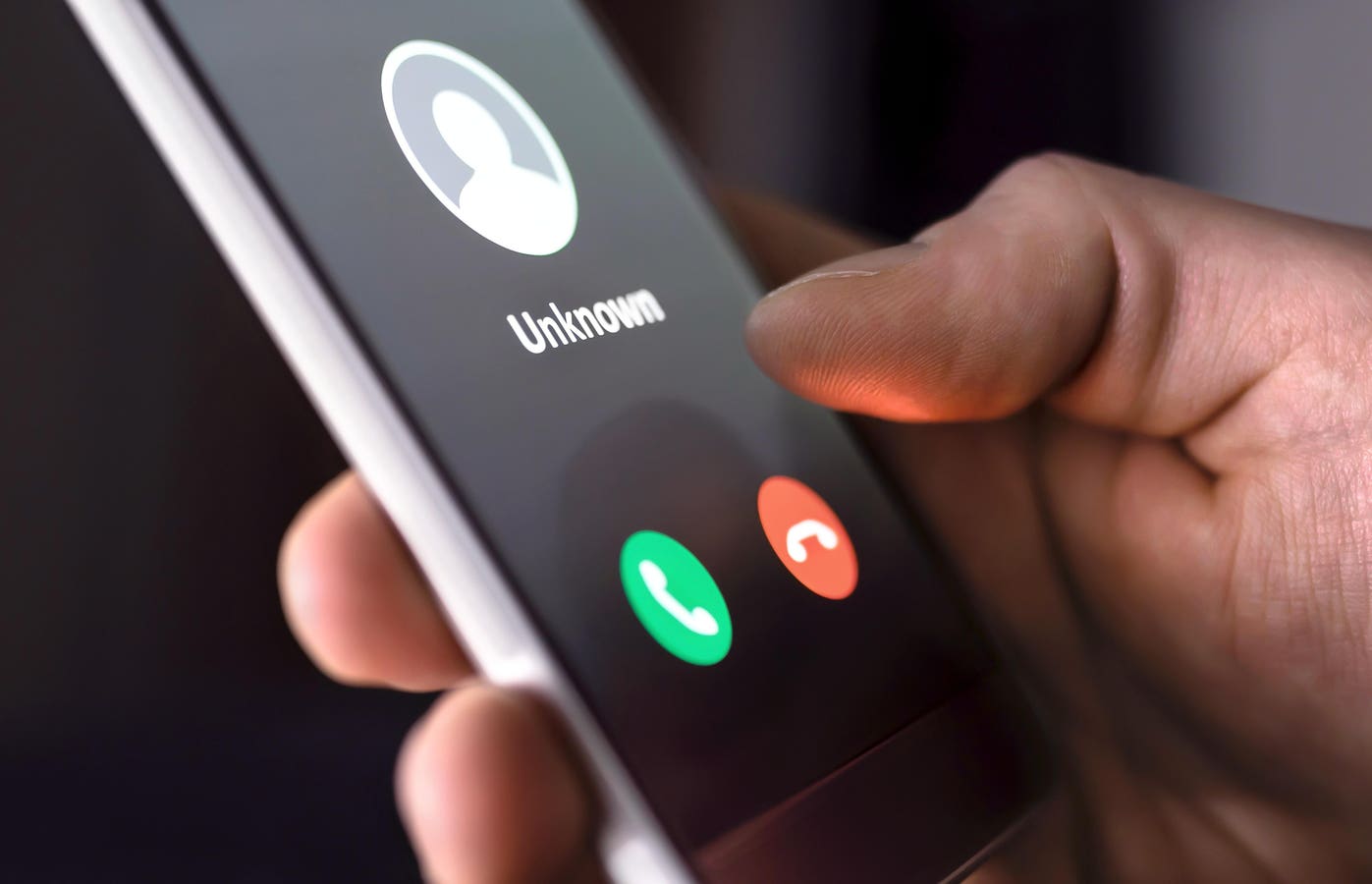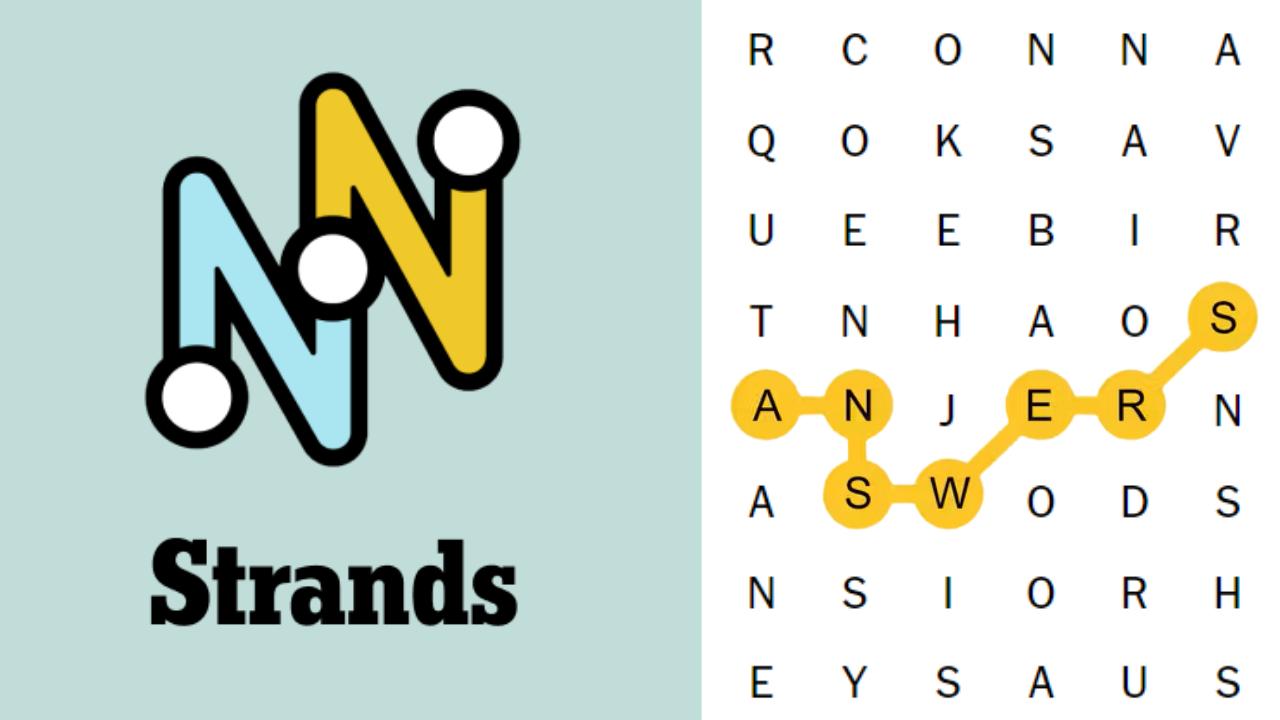Pinocchio looking down onto a blank sheet of paper.
Some college students occasionally lie to their parents, peers, faculty/staff, and even their campus counselors. However, a frequent pattern of lying is often a sign of underlying emotional or mental health concerns. In a 2019 study in the journal of Psychiatric Quarterly, 18.1% of college students reported a pattern of lying every day. These students also reported lower academic performance, quality of life, and self-esteem, and stated that their daily lying negatively impacted their friends and living domains.
Information about students who frequently lie is often focused on supportive ways to respond. For example, a 2021 report on ParentsLettingGo.com provided suggestions for how parents can respond when they catch their young adult in a lie. However, it’s beneficial for those who love and support college students to understand commonly reported ways that students can lie.
Deceptive Apps As A Potential Indicator Of Lying
Though the use of deceptive apps is generally associated with adolescents who live in the family home, the use of decoy and vault apps remains prevalent among college students and might indicate serious concerns. For example, a 2019 report on APnews.com highlighted a college student who allegedly developed a decoy app to sell drugs.
Many students present to campus counseling centers and talk about decoy and vault apps. Popular decoy apps include fake calculator apps. According to a 2022 report on Security.org, a website offering reviews of security products, many fake calculator apps are working calculators until a passcode is entered while holding a certain key. Then, the app reveals other apps. It’s not hard to imagine some students using fake calculator apps to hide apps related to gambling, eliciting sex, substance use, cyberbullying, etc. A 2024 report on Parentaler.com provided a seemingly effective way to detect this decoy app. This report suggested that the size of calculator app be checked in the phone’s settings. If the app is larger than 10MB, then it’s likely a decoy.
Vault apps store and hide sensitive information, such as private photos, messaging, and videos. According to the report on Security.org, a sign that a vault app is being used is when common apps, such as Facebook Messenger, request a passcode. Other deceptive apps provide false information. For example, spoof locations apps allow students to change the GPS location of their phone. A 2024 report on Forbes.com also shared how to utilize mock locations on Android devices.
There may be justifications for college students to use deceptive apps at times, but most smartphones have standard security features, and many students live away from home. Thus, the use of deceptive apps is a potential warning sign that students are intentionally hiding a serious issue.
Statements With Low Falsifiability As A Potential Indicator Of Lying
A 2021 report by Indian University Bloomington described falsifiability as a philosophical construct stating that it’s easier to prove something false rather than to prove that it’s true. Statements with high falsifiability are more likely to be true than statements with low falsifiability. For example, students are less likely to lie about grades if their parents have access to their transcripts, because these statements can easily be proven false.
It’s important to trust students, but it’s also natural for truth-tellers to make statements that can be verified. Thus, a potential warning sign of lying is when students constantly make statements that cannot be proven false. In 2018, Hercampus.com, an online magazine for college women, posted a report in which students provided excuses that other students could give parents about not coming home during spring break. These excuses tended to have low falsifiability, such as the need to focus on academics. Parents often have no way to prove that excuses with low falsifiability are false. Thus, they must rely on trust. As stated, constantly relying on trust without verification is not natural.
Distance Language As A Potential Indicator of Lying
As outlined by a 2023 report on Psychology Today, many emerging adults are self-focused because of their stage in development. Thus, emerging adults tend to use first-person pronouns, inject themselves into various topics of discussion, and to talk about experiences from their point of view. Distancing language, such as using third-person pronouns and focusing on the point of view from others, might indicate a change from a student’s natural way of speaking, which could indicate lying. As with low falsifiability, detecting distance language is a nuanced skill. A 2023 report on Forbes.com provided other possible ways to generally detect lying.
In a 2004 seminal study by the Journal of Youth and Adolescence, 82% of high school and college students reported lying to their parents on a major issue at least once in the past year. However, a frequent pattern of lying is not common and often reflects a serious underlying concern. Sometimes this underlying concern is not about the student. For example, some students use deceptive apps because their parents are excessively controlling. Regardless, finding ways to identify and address frequent lying among students is an important aspect of college mental health.









